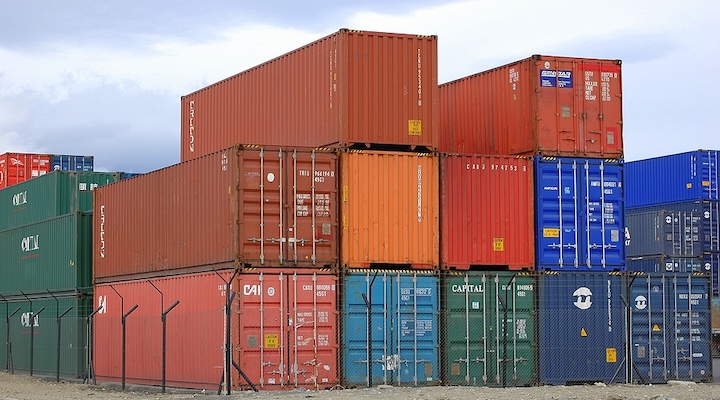The latest Business Risk Index (BRI) by credit reporting agency CreditorWatch revealed positive signs for Australian businesses at the end of 2024 and early 2025.
CreditorWatch found that the trade payments defaults (B2B reports of non-payment) and the number of first-time insolvencies reported by ASIC dropped relatively sharply in January, after adjustment for seasonality. Trade payment defaults were at the lowest level since September last year, while first-time insolvencies were the lowest since February 2024.
Despite these improvements, there are fears that they might be short-lived, with the proposed tariff regime of the Trump administration in the US expected to hinder growth, particularly for export-reliant sectors such as manufacturing and transport.
Observers hope that Australia will avoid much of the direct tariff imposition given the country has a trade deficit with the US and are a strong ally in the Pacific region. They warned, however, that even if Australia is spared from the US tariffs, there is a possibility that goods of other tariffed countries will end up in the local market, potentially at lower prices, thus weakening the Australian dollar further.
CreditorWatch Chief Economist Ivan Colhoun commented, “After tough conditions during much of 2024, during which insolvencies, late payment times and trade payment defaults all rose, the data suggests Australian businesses had a slightly better end to year.”
He added, “Positive developments in recent months include a strengthening in retail sales and consumer confidence, likely reflecting the continuing flow-through of the 1 July 2024 tax cuts to the economy, cost of living support and an ongoing strong labour market.”
CreditorWatch CEO, Patrick Coghlan added that the business community is in desperate need of relief from interest rates and cost increases.
“The signs are good that we have seen a levelling off of insolvencies and B2B payment defaults,” he said. “Australian businesses have been doing it tough for a long time now, so we hope that the impacts of this week’s rate cut and the easing in inflation will quickly flow through to them. The big unknown, of course, is the impact of the Trump administration’s tariff regime.”
The RBA and economists are forecasting a near-perfect soft landing for the economy this year moderate sufficiently to allow interest rates to be reduced moderately, which in turn should see growth pick up modestly and ensure that the unemployment rate remains very low by historical standards.
















